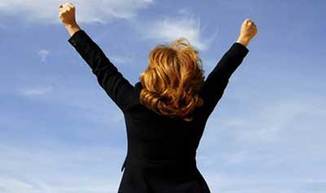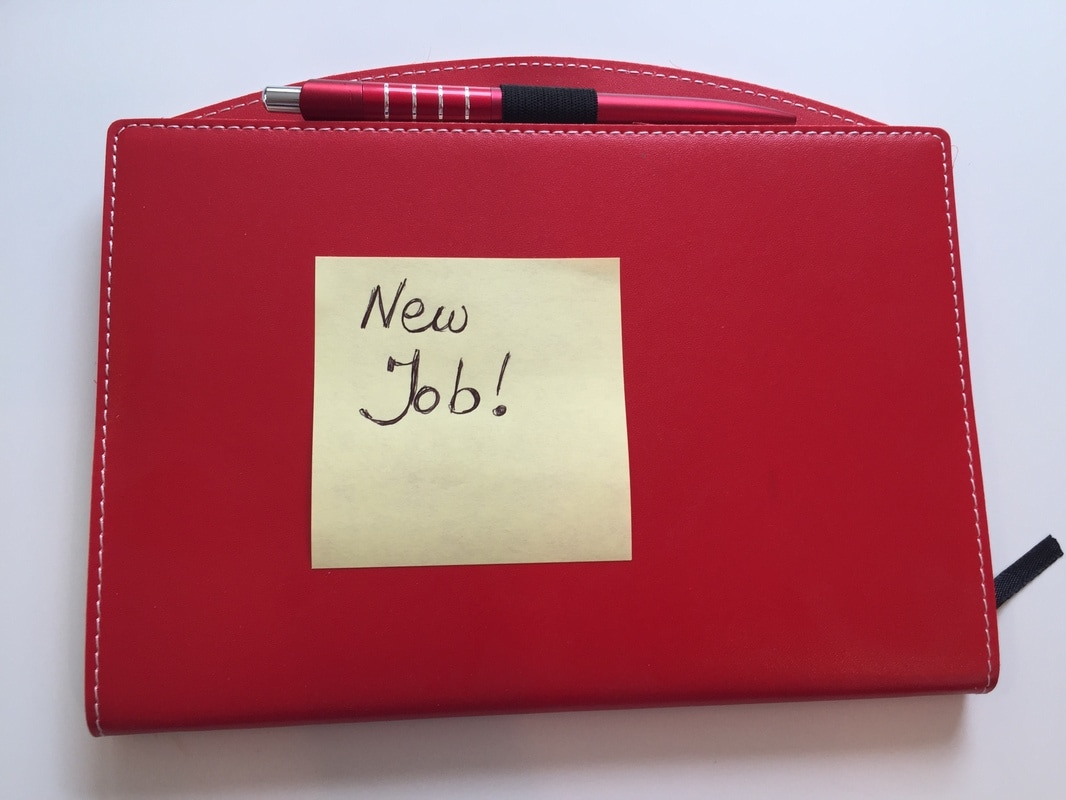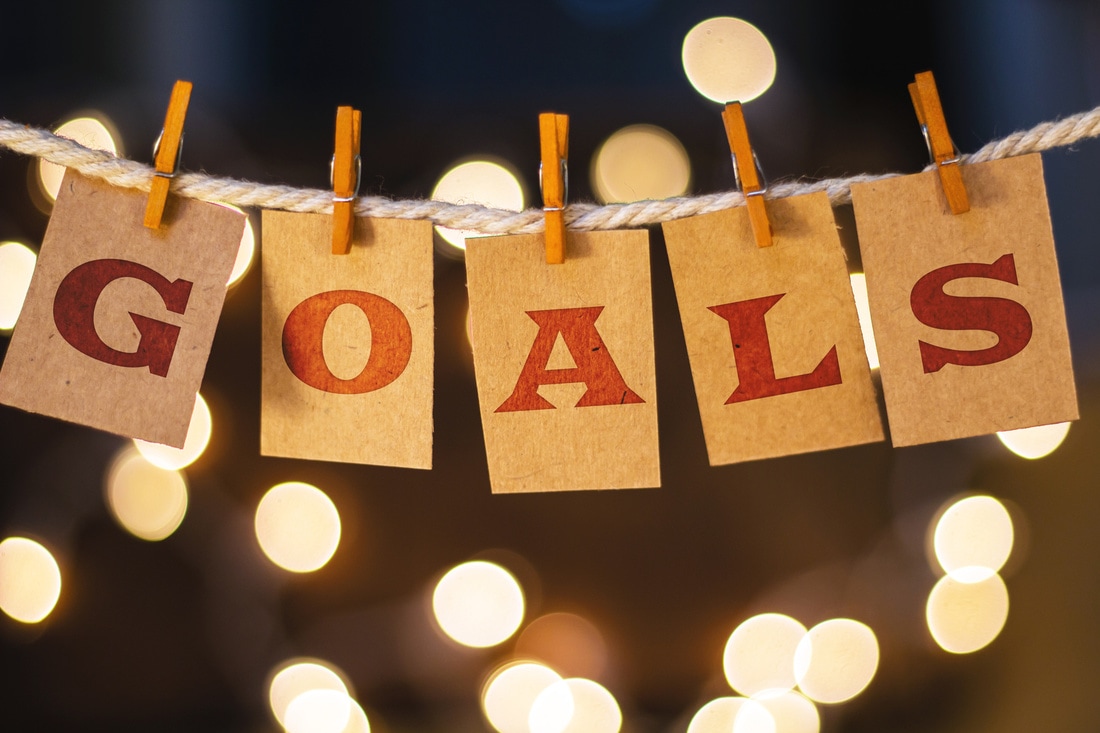
For now, though, you have to ace the interview.
The stakes are high.
You need to perform at your best, but how do you handle such a high pressure scenario? You are about to be evaluated and judged, and as if on cue, the feelings of anxiety and insecurity start creeping in. Yes, this is your chance to evaluate as well – the fit, the culture, the team. But, there will be time for that later.
For the time being, though, how can you maintain the confidence needed to perform at your best? How do you stay in the moment, instead of experiencing self-doubt and imagining the worst outcome?
Conventional wisdom will tell you to thoroughly prepare. And it is true that preparation helps to reduce anxiety and boost self-confidence. Researching the organization before the interview, thinking through potential questions, and having prepared answers, especially for any tough questions you might expect or fear, will most likely make the difference between being chosen for the next round or not.
But, let’s say you have done your best to prepare, yet the anxiousness remains. Or, you are confident the day before the big interview, but as you step into the waiting area your heart begins to race and your head starts playing tricks on you. Suddenly, your mind goes blank and your worst fears begin to materialize.
Are you about to fail? What can you do to recover, to master your insecurities, to get back to your place of calm? Is there a way to become more present?
Turns out there is. Perhaps you’ve heard of a technique called power posing.
Power posing was introduced to the mainstream by Amy Cuddy, a social psychologist and an associate professor at Harvard Business School who studies how nonverbal behavior influences people’s judgements. She is most known for her widely popular 2012 Ted Talk “Your Body Language Shapes Who You Are”.
In her talk, Cuddy introduced the idea that our body language can influence how we view ourselves, and in turn, how others view us. Basing her talk on prior research conducted with colleagues from the University of Berkeley, Cuddy shows how by adopting “power poses” for as little as 2 minutes we can affect our thinking and self-perception.
Cuddy describes how our bodies have a biological response to “high-power” (open, spread out arms, arms on hips or stretching behind your head etc.) vs. “low-power” (hunched down body, hands covering neck or hands crossed over body etc.) poses.
When we hold “high-power” poses, our bodies react by increasing our levels of testosterone and decreasing our levels of cortisol, both of which are shown to lead to higher confidence and decreased anxiety.
Those effects then carry over to our interactions with others. Our higher levels of self-confidence allow us to put our best foot forward in situations that require it most, if only for a short while.
Cuddy calls this a mind-body hack.
Sounds a bit illicit, right?
Hacking others’ systems may be considered a suspect pursuit. But hacking your own?
Centuries ago, the indelible Chinese philosopher Lao Tzu referred to this concept a bit differently. “Mastering others is true strength, mastering yourself is true power” said Tzu, and these wise words still resonate today.
Perhaps his teachings gained ground before hacking came into vogue, but which one of us will disagree that a two-minute hack to get some personal power is not a bad short-term solution, especially when you may be still working towards lifelong self-mastery.





 RSS Feed
RSS Feed